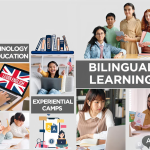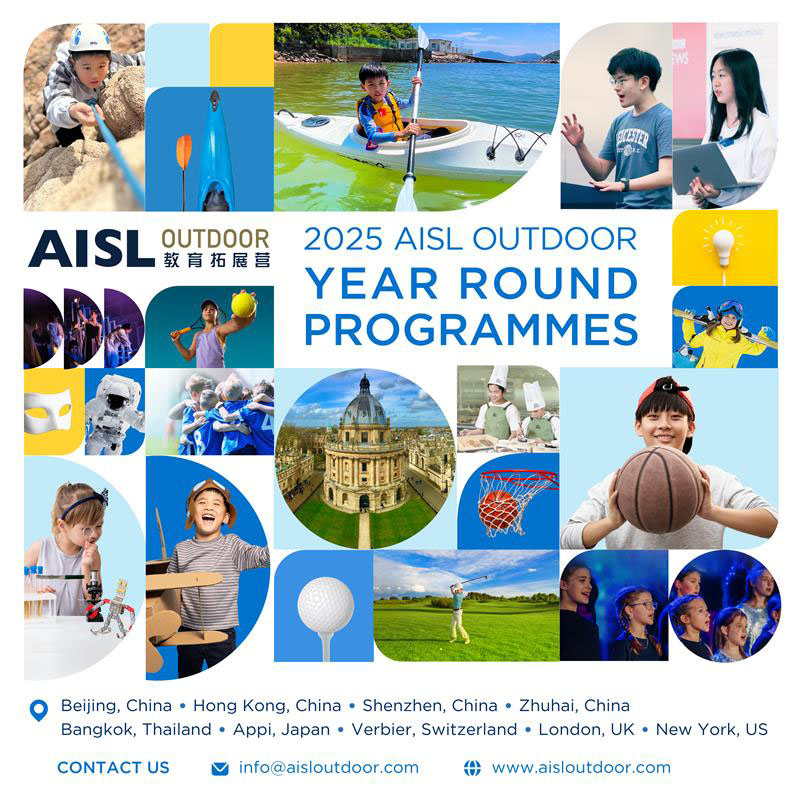The future of work is changing rapidly. As automation, artificial intelligence, and global connectivity reshape the job market, it’s becoming clear that students will need more than academic knowledge to succeed. Employers are increasingly prioritising creativity, critical thinking, adaptability, and communication alongside traditional qualifications. For educators, this means rethinking how we prepare young people not just for exams, but for a world that rewards innovation, empathy, and lifelong learning.
Our article explores ten essential skills that are shaping the future workforce, along with practical ways to teach them in class. Whether you’re working with primary students or guiding teenagers through secondary school, you’ll find classroom strategies that can help your learners thrive in a fast-moving world. These skills may provide a toolkit for navigating the future with confidence and purpose.
Why Are Future-Ready Skills Important?
Preparing Students for a Changing World
- The jobs today’s students will hold may not exist yet. According to the World Economic Forum, core skills required across all jobs will change in the coming years.
- Educators play a critical role in helping learners develop transferable, adaptable skills that go beyond memorising content.
Beyond Grades and What Employers Want
- Employers are increasingly valuing soft skills like collaboration, emotional intelligence, and problem-solving, areas not always emphasised in traditional curriculums.
- A strong academic record alone is no longer enough. Students need to demonstrate resilience, creativity, and the ability to learn and unlearn quickly.
Building a Skill-Based Classroom
- Teaching future-ready skills doesn’t mean overhauling your curriculum. It means embedding critical competencies into everyday lessons.
- From group projects to open-ended questions, simple shifts in approach can foster deeper thinking and better prepare students for real-world challenges.
10 Essential Skills for the Future of Work
1. Critical Thinking
- Helps students assess information, solve problems, and make informed decisions.
- In class: Use open-ended questions, case studies, or ethical dilemmas for discussion.
2. Creativity
- Encourages innovation and original thinking, which is key for navigating change.
- In class: Introduce project-based learning or allow multiple solutions to problems.
3. Collaboration
- Most modern work is team-based, often across cultures and time zones.
- In class: Incorporate group work with rotating roles and reflection on group dynamics.
4. Communication
- Clear expression—written, verbal, and digital—is essential across all careers.
- In class: Include peer presentations, podcasting, or structured debates.
5. Digital Literacy
- Understanding how to use, evaluate, and create with technology.
- In class: Teach safe research practices, digital tools, and responsible online behaviour.
6. Adaptability
- The ability to manage change and uncertainty with confidence.
- In class: Model flexibility in plans, and use feedback loops to adjust learning paths.
7. Emotional Intelligence
- Awareness of self and others is crucial for leadership and teamwork.
- In class: Include activities that promote empathy, reflection, and conflict resolution.
8. Initiative and Self-Direction
- Employers look for proactive individuals who can manage their own progress.
- In class: Use goal setting, independent study tasks, and progress tracking.
9. Global and Cultural Awareness
- The future workforce is interconnected and multicultural.
- In class: Use global case studies, language exchanges, or international partnerships.
10. Lifelong Learning
- The ability to continuously upskill is essential in a rapidly changing job market.
- In class: Encourage curiosity, metacognitive strategies, and learning beyond the classroom.

Teaching These Skills in the Classroom
Use Real-World Challenges
- Bring relevance to learning by framing lessons around real-world issues.
- For example, ask students to design a sustainable product or propose solutions for a local community need. These projects naturally build critical thinking, collaboration, and creativity.
Integrate Skills Across Subjects
- Future-ready skills don’t belong to one subject. Combine them within interdisciplinary lessons.
- A history project might include media literacy, while a science experiment could require teamwork, data analysis, and digital presentation tools.
Make Reflection Part of the Process
- Encourage students to regularly reflect on their learning, group dynamics, and skill development.
- Use simple tools like exit tickets, learning journals, or rubrics that highlight skill growth alongside content mastery.
Tips for Embedding Future Skills into Everyday Teaching
Start Small and Build Confidence
- Begin by integrating one or two skills at a time. For instance, focus on improving collaboration through group roles before tackling a full design thinking project.
- Use familiar activities, such as class debates or team projects, and frame them around skill outcomes.
Model the Skills You Want to See
- Demonstrate adaptability, critical thinking, or active listening in your own teaching approach. When teachers model these behaviours, students are more likely to adopt them.
- Share your own learning journey, especially when trying new tools or methods in class.
Use Feedback Loops
- Regular feedback helps students understand how they’re progressing with skills, not just content.
- Consider peer feedback sessions or simple traffic light systems where students self-assess their use of a particular skill.

Equipping Learners for What’s Next
Preparing students for the future of work doesn’t mean adding more to an already full curriculum. It means weaving essential life and career skills into everyday learning in ways that feel natural and meaningful.
Whether it’s encouraging teamwork during a science experiment or using reflection journals to develop emotional intelligence, small shifts can have a big impact. With thoughtful planning and a focus on transferable skills, educators can help shape confident, adaptable learners, ready to thrive in a fast-changing world.
For curated teaching resources, school insights, and professional tools, visit AISL Mall, your trusted platform for high-quality educational support across Asia and beyond.










